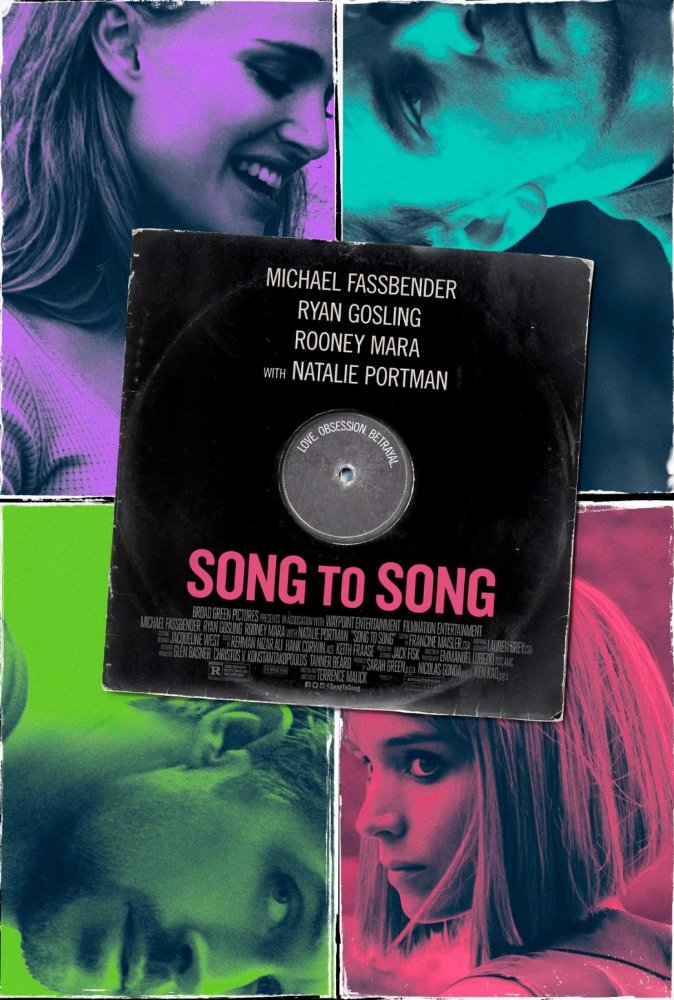ANNIHILATION (2018)

GOING IN
Alex Garland writes great stories. He has dabbled in all kinds of science fiction, from the horrific in 28 Days Later… to the dramatic/romantic in Never Let Me Go to adapting a comic book superhero in Dredd and most notably for penning and directing my favorite film of 2015, the stunning Ex Machina. Now Garland is adapting Annihilation, the Nebula Award winning first novel in Jeff VanderMeer’s Southern Reach trilogy that Stephen King called “creepy and fascinating”. Ever since it was announced this film has been at the top of my most-anticipated list. It features quite a few favorite actors (Natalie Portman, Oscar Issac, Tessa Thompson) and the mysterious premise is ripe for exploration in that speculative sci-fi manner that Garland excels at. I expect to be wowed visually, probably a little bit confused, and I absolutely can’t wait.
1 Hour and 55 Minutes Later.
COMING OUT
The plot is simple: A group of soldiers enters an environmental disaster zone and only one soldier, Kane (Oscar Isaac), comes back out alive, though he is grievously injured. In an attempt to save his life, his wife Lena (Natalie Portman), a biologist, volunteers for another expedition into the zone to figure out what happened to him.
The story of Annihilation opens with Lena being interviewed by Lomax (Benedict Wong), who he is we never really learn, in a containment room. He is asking questions about what happened inside The Shimmer and the vast majority of her answers are “I don’t know,” though there is some foreshadowing that occurs here that viewers may realize later. This theme of “I don’t know” continues throughout the film’s opening scenes as Kane arrives home unexpectedly and answers most of his wife’s questions with that same phrase. It’s at that point that I should have known not to expect many answers from Garland’s script. “I don’t know” is where it starts, and in many ways where it finishes.
It wasn’t until Lena and her team enter The Shimmer that I started enjoying the film. The opening section was slow to reveal anything of substance and Lena’s scientific background making her a perfect fit for the expedition team felt too convenient. Lena’s team is a group of women. Dr. Ventress (Jennifer Jason Leigh) is the head of the Southern Reach agency in charge of researching The Shimmer and the leader of the team that enters. Anya Thorensen (Gina Rodriguez), Cass Sheppard (Tuva Novotny), and Josie Radek (Tessa Thompson) also are scientists and create a team that is well-rounded in its knowledge. There is also an element of self-destructiveness to each woman, as Sheppard points out that coming into The Shimmer (where only one person has ever emerged from alive) isn’t something you do if you’re happy with your life. Throughout the course of the film, discovering just what each character’s motivation is and how it is affected by what they experience is an important element of the story.
Unfortunately, it’s this character development that I found so lacking as to derail my enjoyment of the film. This is cerebral science fiction that intends to be esoteric. Garland is not interested in making a lot of sense and scenes don’t always tie together in a meaningful way. While the ladies provide an interesting collection of personalities to explore with, I never had the emotional connection that made me care what happened to them and felt like some very good actresses were mostly wasted. Likewise, I did not find myself caring much for the fate of the world at hand, despite The Shimmer’s consistent expansion being framed as dangerous to all life on planet earth. I did feel that some connection was made with Lena, and that makes sense because she’s the most developed by far, but she just isn’t very likable and thus her fate had little impact.
Now, some will fall head over heels for the kind of ambiguity the film serves up in spades. Its visuals are certainly mesmerizing. The beauty of The Shimmer and the horror of things like a bear-beast are equally staggering. The story also goes in a much darker place than I ever expected – in that Event Horizon or third act of Sunshine kind of way. It is fantastically creepy and had me cringing a few times out of shock. I applaud Paramount for letting Garland make the film he envisioned. At the same time, it’s really no surprise that this film didn’t test well with audiences and was sold to Netflix in order to recover most of its budget. It’s likely not going to be received well by mainstream audiences.
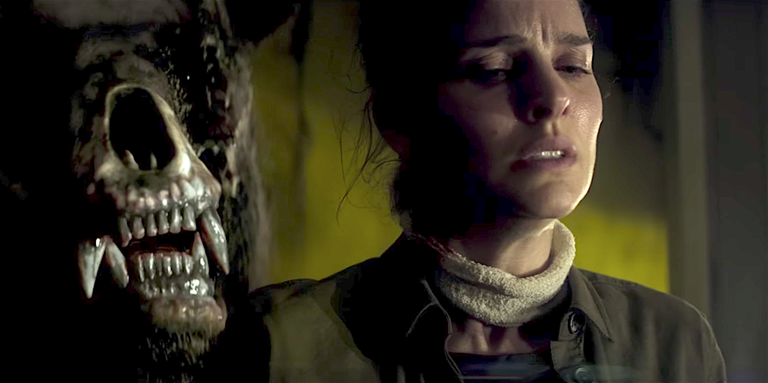
VERDICT
My love of Alex Garland’s writing created expectations that proved to be too high for Annihilation to meet. Though I enjoyed elements of the film and respect its incredible craftsmanship, I simply did not care enough about what happened. This lack of investment in its characters made it not worth the effort required for me to figure out its puzzles. I have no doubt that repeat viewings would help unpack further pieces of the mystery, but despite how well the film is made, I just didn’t enjoy watching it very much and don’t see myself rushing to experience it again anytime soon.
Rating:
 Aaron White is a Seattle-based film critic and co-creator/co-host of the Feelin’ Film Podcast. He is also a member of the Seattle Film Critics Society. He writes reviews with a focus on how his expectations influenced his experience. Follow him on Facebook and Twitter to be notified when new content is posted.
Aaron White is a Seattle-based film critic and co-creator/co-host of the Feelin’ Film Podcast. He is also a member of the Seattle Film Critics Society. He writes reviews with a focus on how his expectations influenced his experience. Follow him on Facebook and Twitter to be notified when new content is posted.

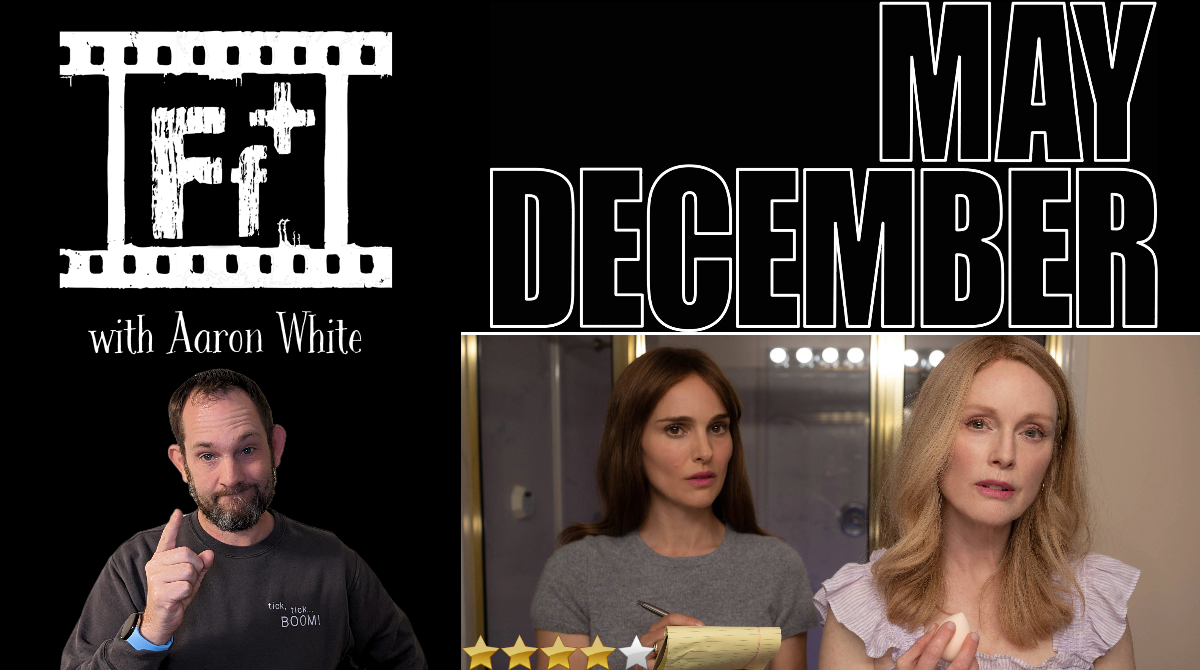
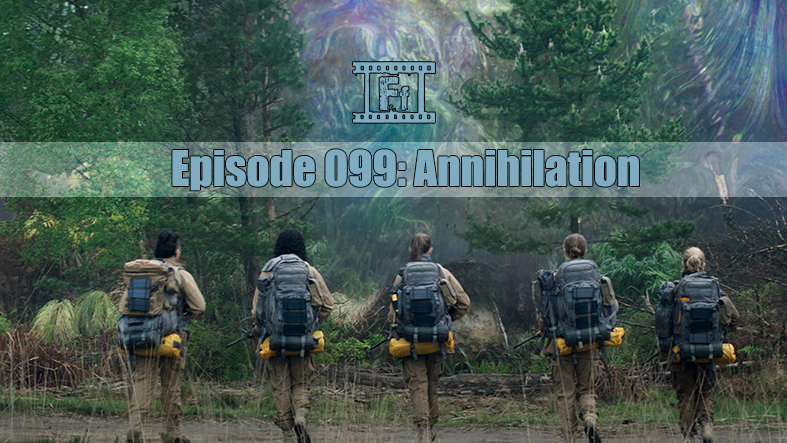

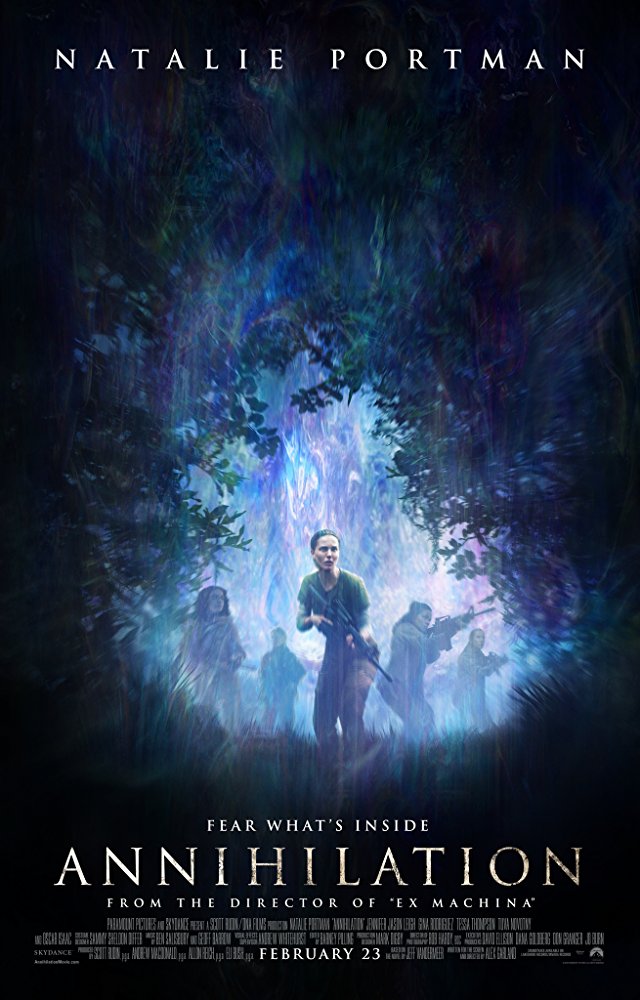


 Aaron White is a Seattle-based film critic and co-creator/co-host of the Feelin’ Film Podcast. He is also a member of the
Aaron White is a Seattle-based film critic and co-creator/co-host of the Feelin’ Film Podcast. He is also a member of the 